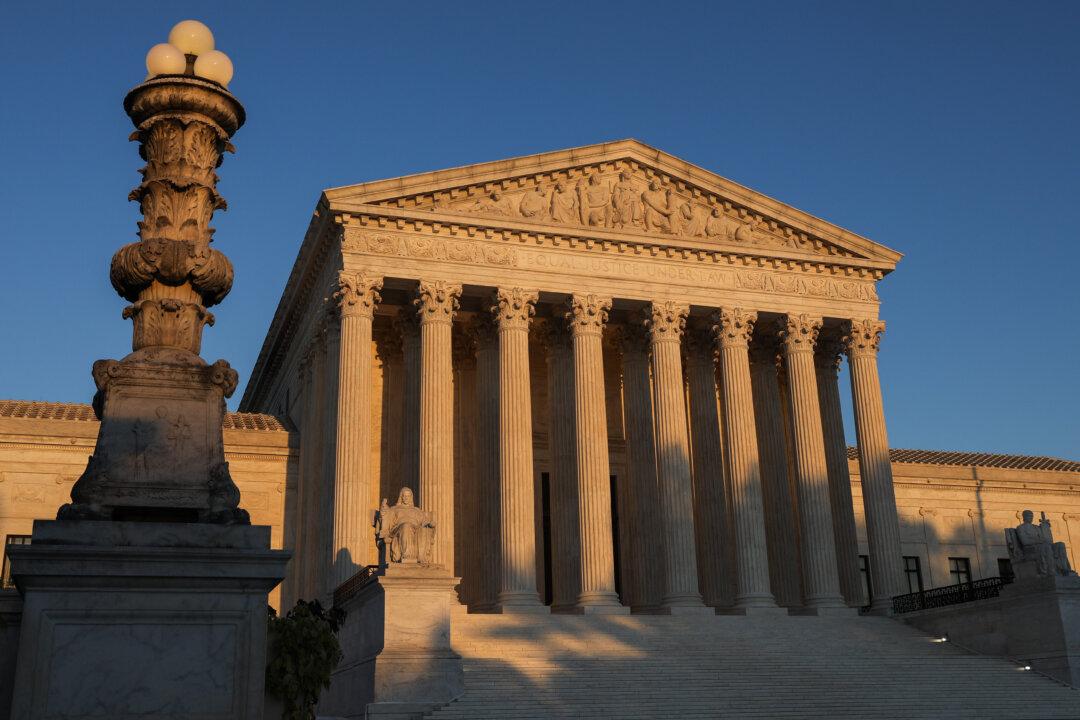The Supreme Court on Jan. 25 rejected a request from a church in Nevada to suspend state restrictions on religious gatherings.
Calvary Chapel Dayton Valley in May 2020 sued Nevada officials over Gov. Steve Sisolak’s emergency orders barring churches and other places of worship from holding in-person services of 10 or more people.





